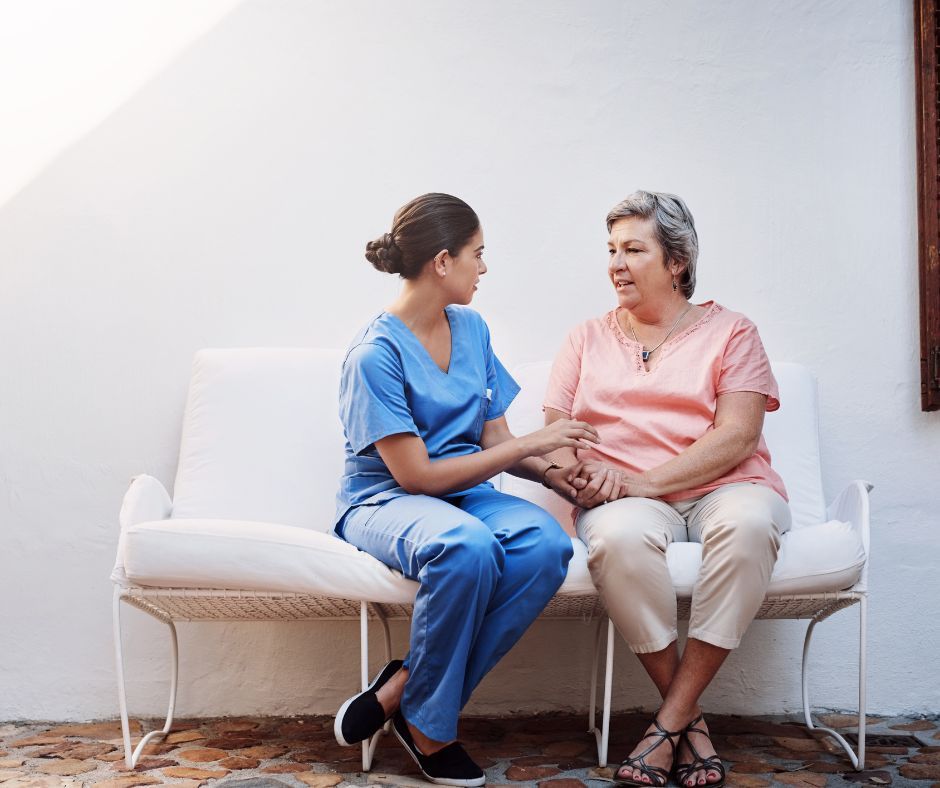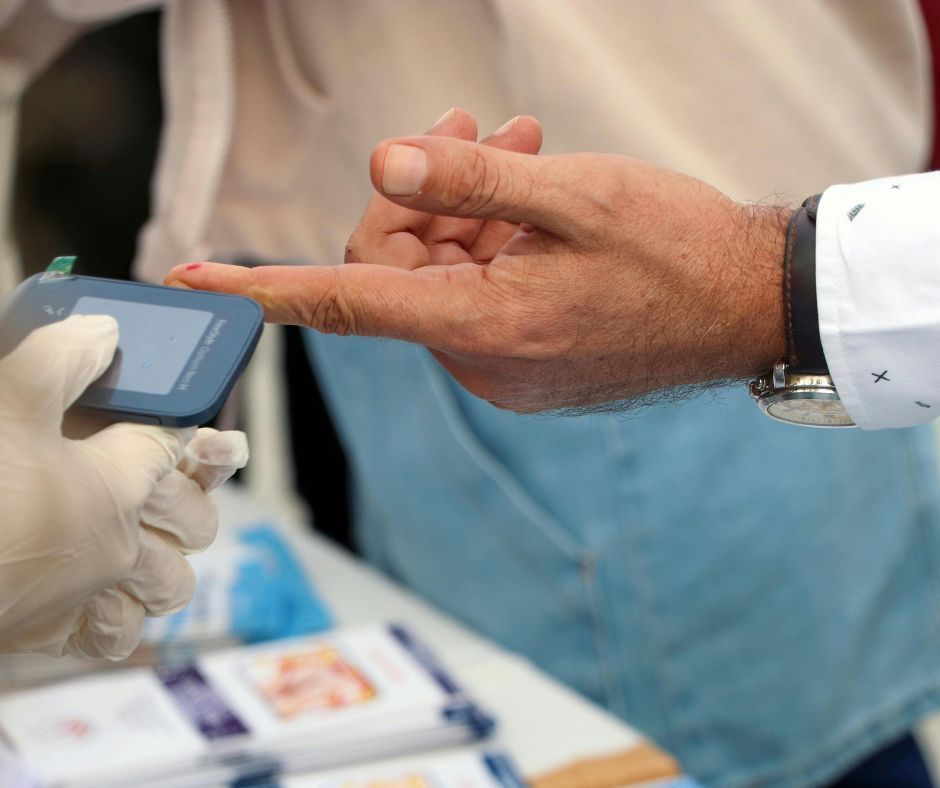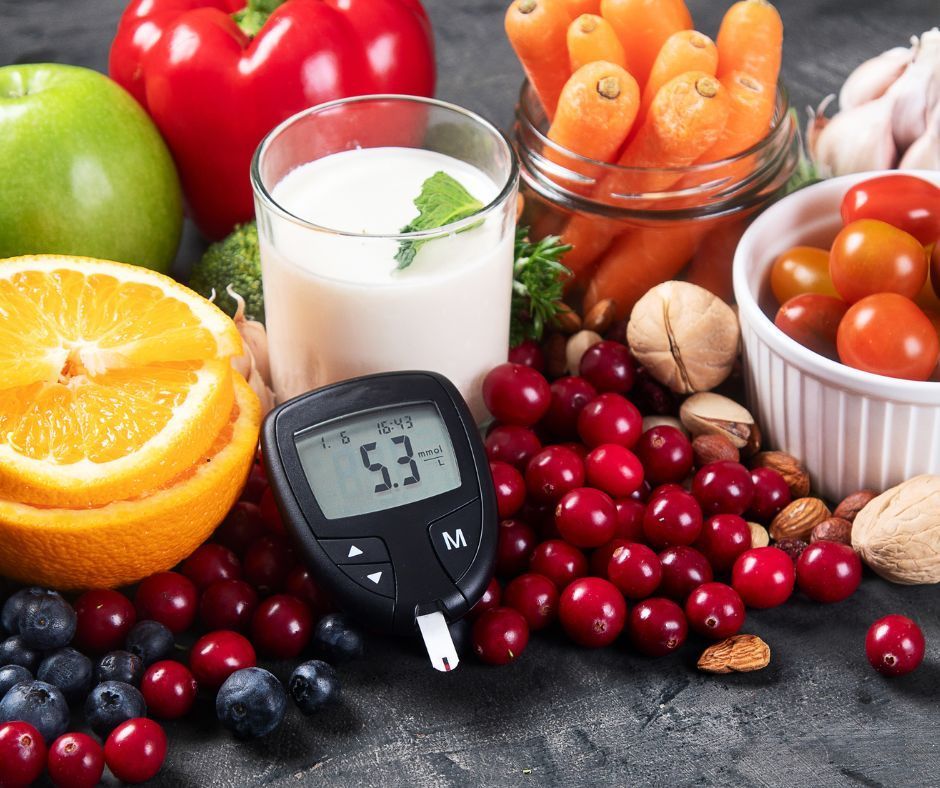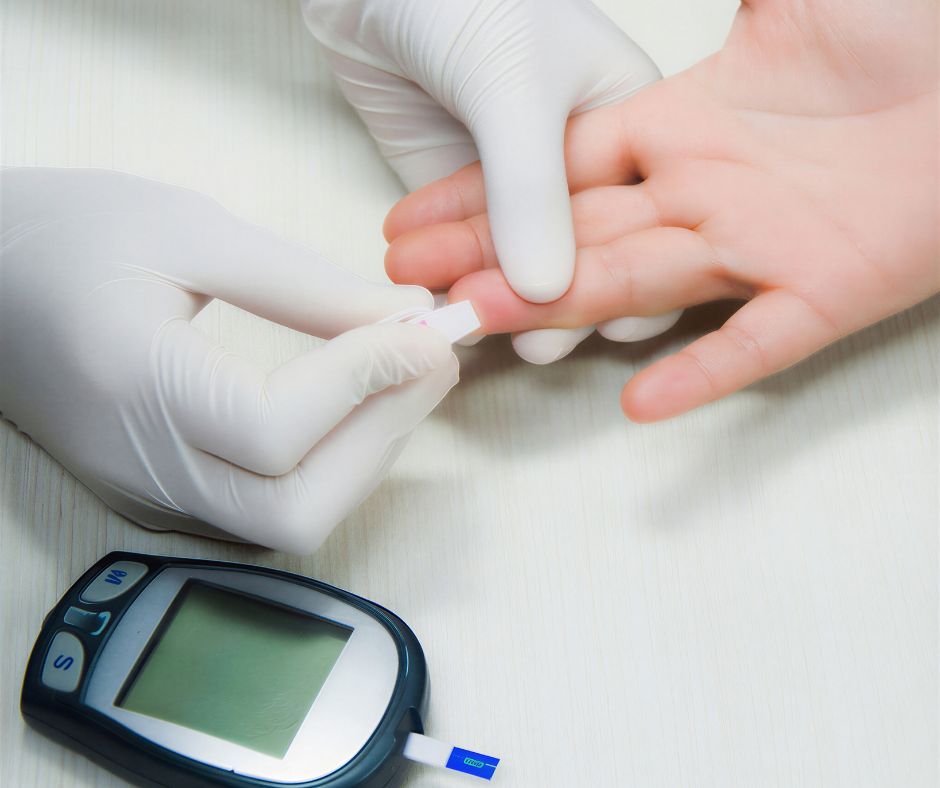“I Googled My Symptoms and Now I’m Terrified” – Why Online Medical Searches Can Increase Health Anxiety and What to Do About It
In a world where information is always at our fingertips, it’s easier than ever to search the internet for answers about our health. Type a few symptoms into a search engine and within seconds, you might find yourself spiraling into worst-case scenarios. While health awareness is important, the rise of online symptom checking is contributing to a growing issue: health anxiety.
What Is Health Anxiety?
Health anxiety, sometimes referred to as Illness Anxiety Disorder, is the excessive worry about having or developing a serious illness. It often involves misinterpreting minor or routine bodily sensations as signs of serious disease. According to Beyond Blue, health anxiety affects approximately 3.4% of Australians at some point in their lives (Beyond Blue, 2023).
Many people living with health anxiety find themselves stuck in a loop of constant checking — not just their bodies, but also Google. While the internet can offer trustworthy medical advice when sourced from reputable sites, unfiltered or dramatic health content often leads to increased fear and confusion.
The Impact of Online Health Searches
In Australia, over 80% of adults report searching online for health-related information before seeing a GP (Healthdirect Australia, 2022). Common online search terms include headaches, chest pain, dizziness, and fatigue — all symptoms with a wide range of potential causes. Unfortunately, search engines tend to show serious or rare illnesses near the top of the results page. A simple headache might link you to brain tumour discussions, or bloating to ovarian cancer. This "worst-case-first" structure contributes to online symptom fear and can increase stress levels significantly. Instead of offering reassurance, self-diagnosis often fuels uncertainty.
When Health Worry Becomes Health Anxiety
It’s natural to want to understand your body. But if online searches are making you feel more anxious instead of reassured, it may be time to pause. Health anxiety often develops when people struggle to separate mild or temporary symptoms from serious health issues, especially when online content focuses on rare or extreme outcomes.
Health anxiety can lead to:
- Repeatedly checking sympVisiting multiple doctors for the same issue
- Avoiding medical appointments out of fear
- Excessive focus on body sensations
- Difficulty accepting medical reassurance
This pattern of behaviour can take a toll—emotionally and practically. It can interfere with your ability to focus, relax, work, or connect with others. It can also lead to overuse of medical services without resolution, or delays in seeking appropriate care when real symptoms are present.
Recognising these signs is the first step toward managing health worry in a more informed and balanced way. Talking to a GP can help clarify what’s actually happening, reduce unnecessary stress, and provide the right support if ongoing help is needed.
Why Professional Medical Advice Matters
- A growing number of people are caught in the trap of thinking online symptom checking is a sufficient substitute for seeing a doctor. It may seem easier, faster, and more cost-effective to search symptoms on the internet and avoid a GP visit—but relying on this alone can lead to serious consequences.
- Self-diagnosing based on online content risks missing early signs of real medical conditions or, alternatively, reacting to minor issues as if they were life-threatening. This can delay needed treatment, increase anxiety, or result in unnecessary interventions. In extreme cases, it may mean overlooking a critical diagnosis until it's too late.
- This challenge has intensified with the rise of AI-generated medical content. While some of this information may sound credible, it’s not always accurate, nuanced, or based on a full understanding of your unique medical background. AI tools lack clinical judgment and can reinforce worst-case assumptions—especially for people already experiencing anxiety.
- Health information online is generalised and doesn’t account for your individual history, risk factors, or medical context. A GP provides this essential perspective. They can help determine whether your concerns require action or reassurance, reducing confusion and guiding you toward appropriate next steps.
- Ultimately, seeking professional medical advice isn’t just about peace of mind—it can prevent avoidable harm and ensure timely care when it matters most.
Simple Ways to Regain Control While You Wait for GP Advice
If you find yourself constantly looking up your symptoms and feeling more confused or stressed, these tips might help you slow things down until you can talk to a GP.
Our thoughts and feelings can change how we notice body sensations. For example, feeling nervous can make a normal heartbeat seem too fast or too strong. Taking breaks from screens, using breathing techniques, or focusing on a simple task can help settle this cycle.
Writing things down can also be helpful. Try keeping a simple notebook to track what you’re feeling, when it happens, and anything that might be setting it off. This gives your GP clearer information, without the guesswork.
It can also help to remind yourself of what a doctor has told you before—especially if you've been reassured about a symptom in the past. This can help break the habit of always expecting the worst.
You might want to limit your time on health websites—say, 10 minutes a day using trusted sources—and then do something calming or practical to shift your focus.
For some people, writing down their health concerns in a journal—rather than constantly searching—can also bring perspective. Patterns, frequency, or triggers become clearer, making it easier for a GP to assess the situation.
Keeping a record of past medical reassurance can be useful too. If a doctor has told you in the past that a certain symptom is benign, remind yourself of that clinical judgment before spiralling into fear again.
You might also consider setting a limit for how long you spend searching online—such as 10 minutes once per day, only from reliable sources—and then move on to a grounding or calming activity.
If you find yourself repeatedly searching for symptoms online and feeling more confused or anxious, these steps may help slow down that cycle until you're able to speak with a GP.
- Limit Your Searches: Try to set boundaries. If you feel the urge to Google your symptoms, pause and write them down instead. Bring them to your GP.
- Stick to Reliable Sources: Use government or health service websites such as Healthdirect, the Australian Government Department of Health, or reputable clinics.
- Don’t Self-Diagnose: Symptoms can have many explanations. Your GP will consider your full medical history, not just a single symptom.
- Schedule a Kippax Medical Centre Appointment: Getting professional input earlier can break the anxiety cycle. Even a short conversation can provide reassurance and direction.
- Talk About the Anxiety, Not Just the Symptom: If you’re worried, say so. GPs are trained to support both physical and emotional wellbeing protecting your privacy.
A conversation with a GP can help bring calm and direction. To learn more about how we can help, to meet our doctors, or explore how we can support your health, visit our website. Our doctors listen carefully to your concerns, explain what they observe, and outline clear next steps based on your needs and history. Book an appointment with one of our GPs at Kippax Medical Centre.











